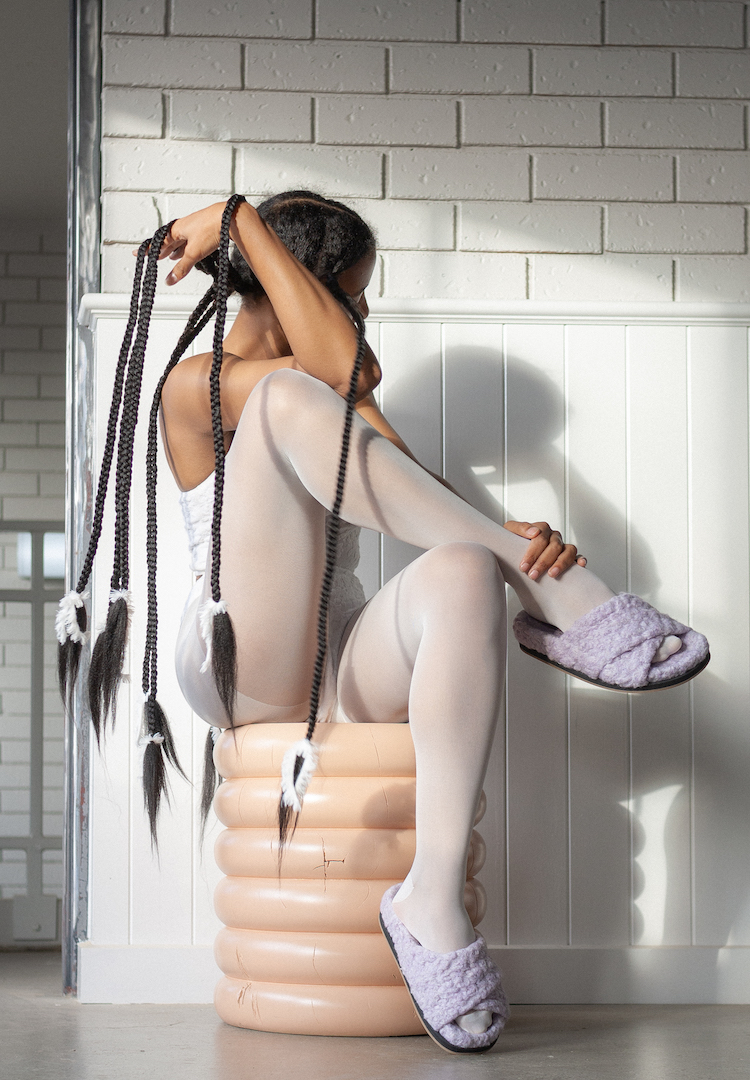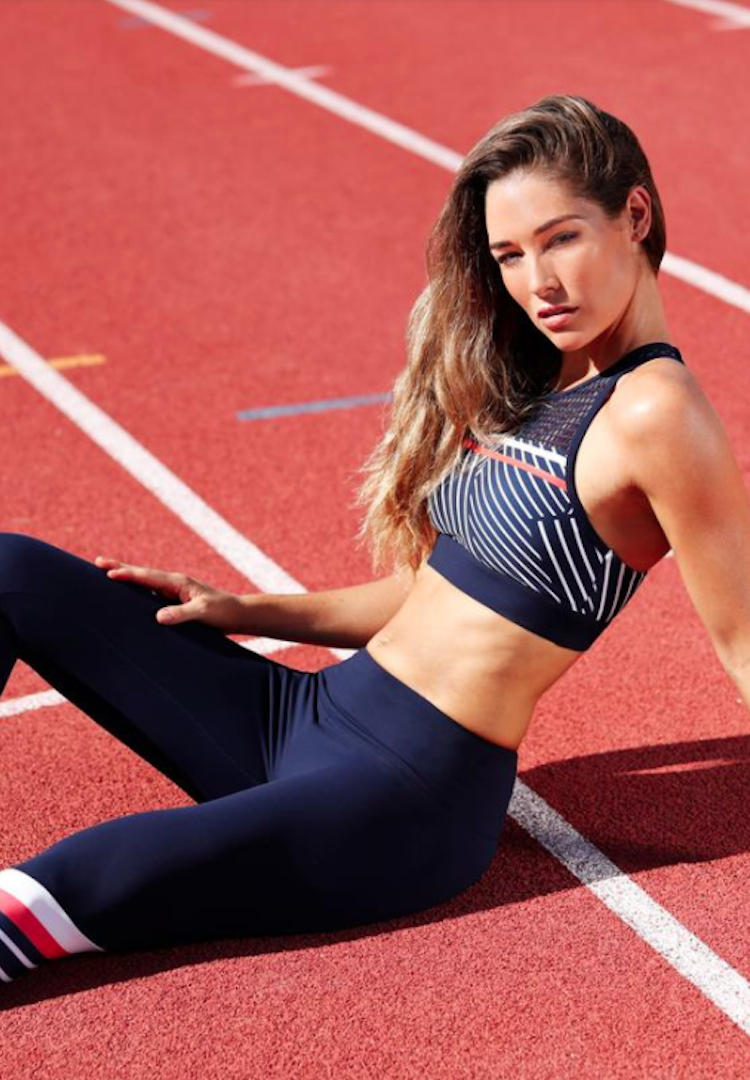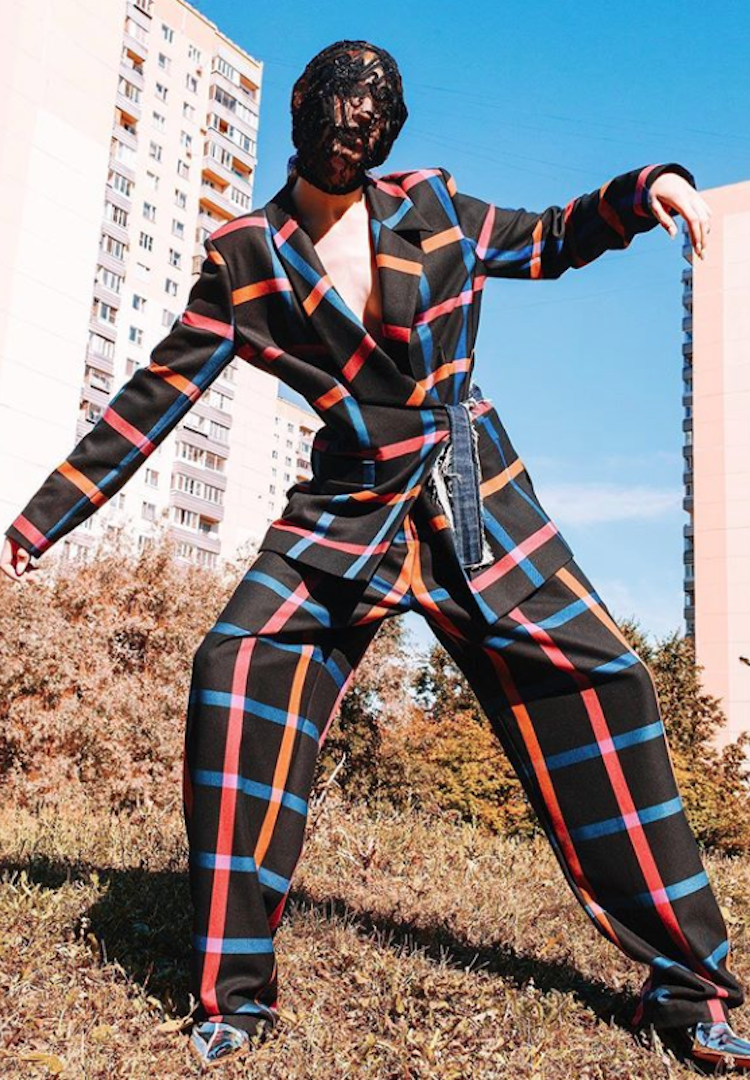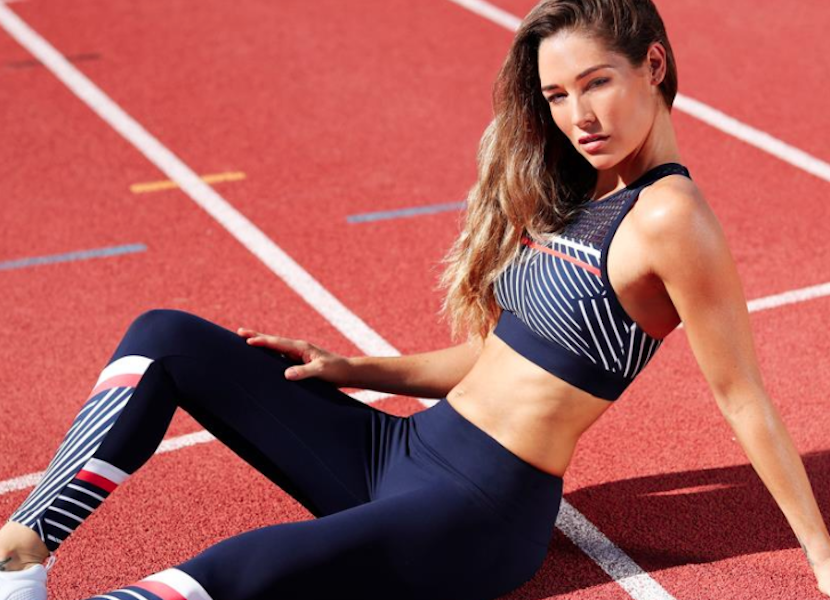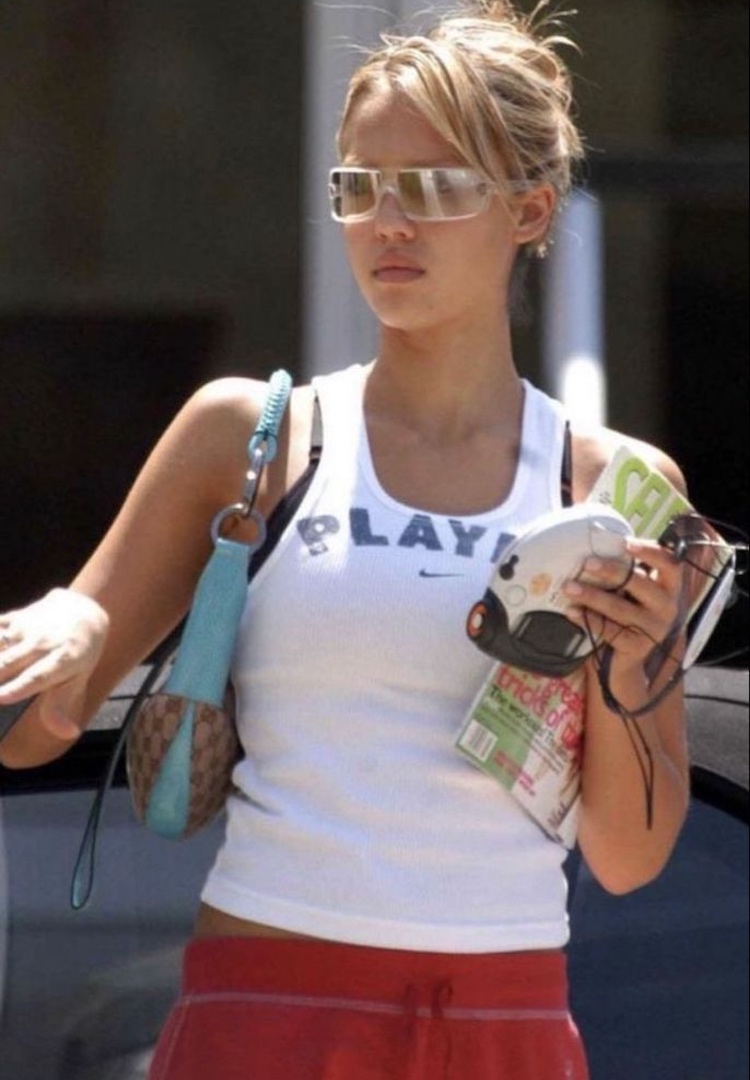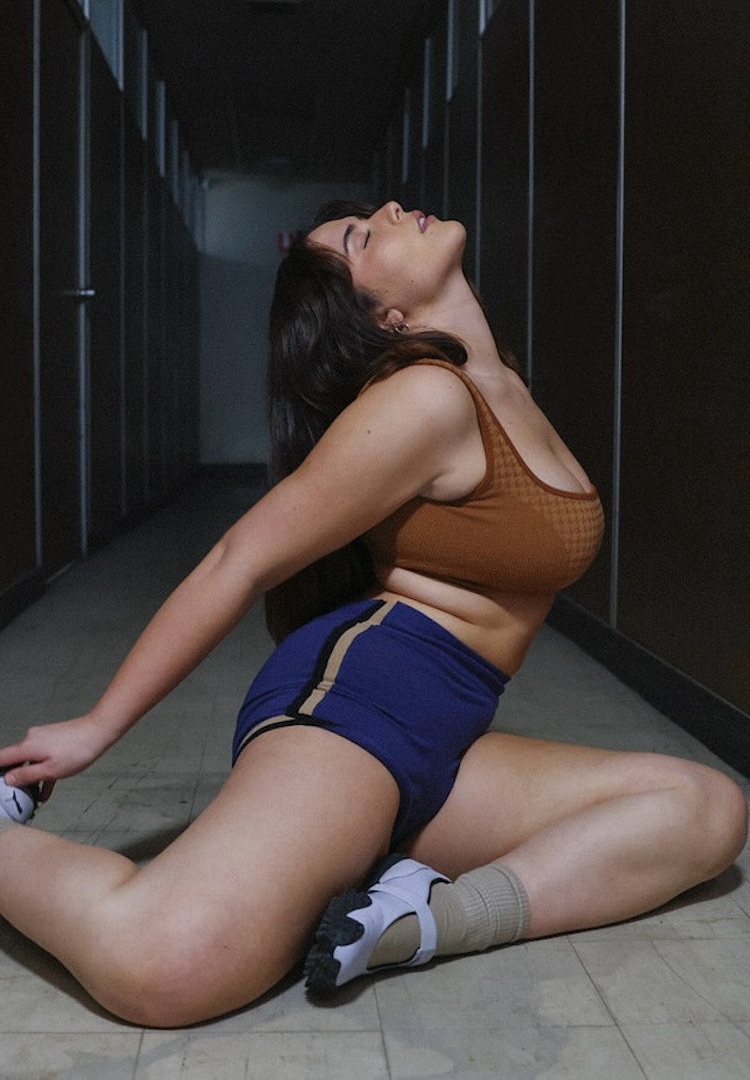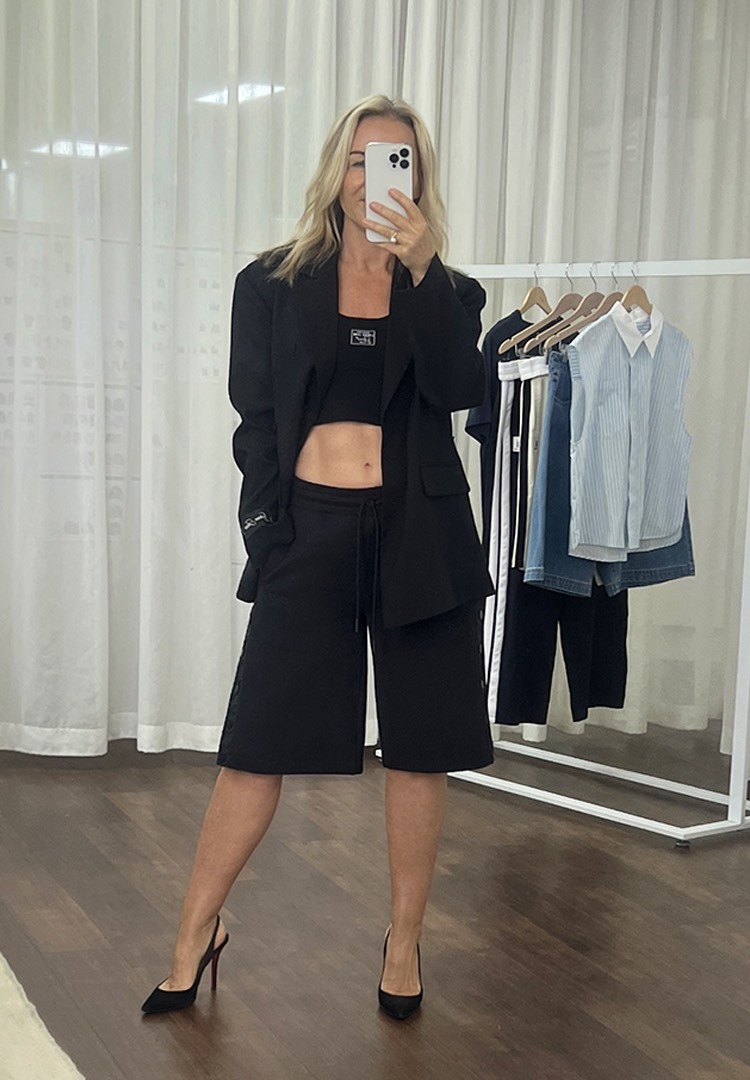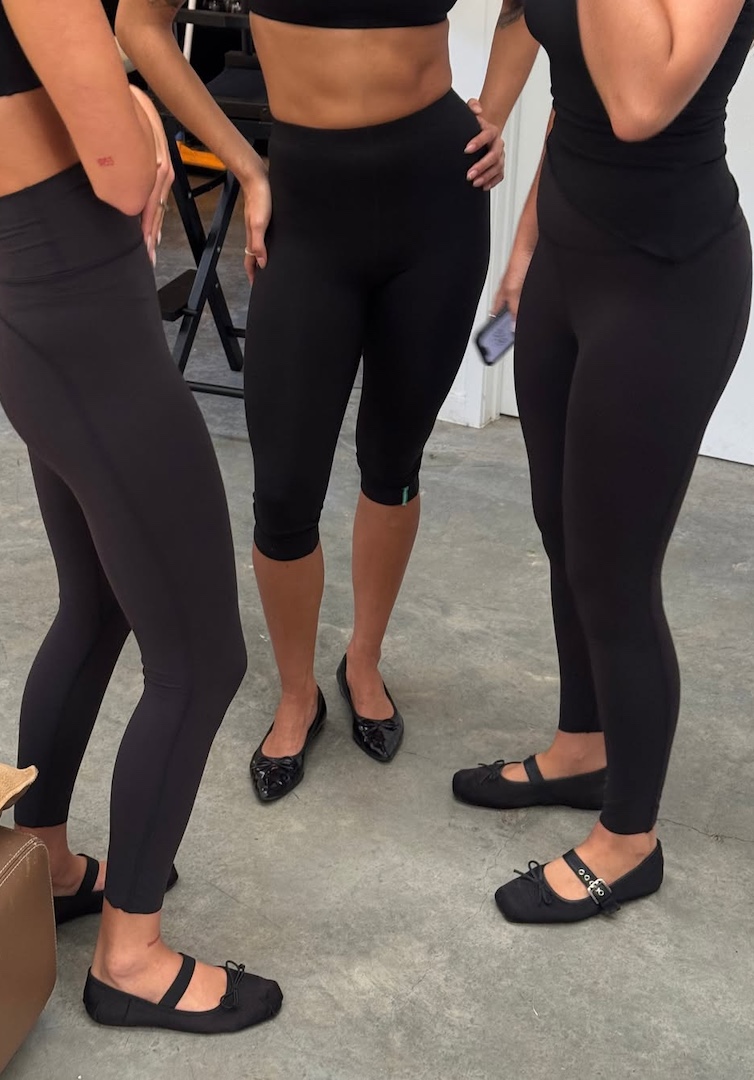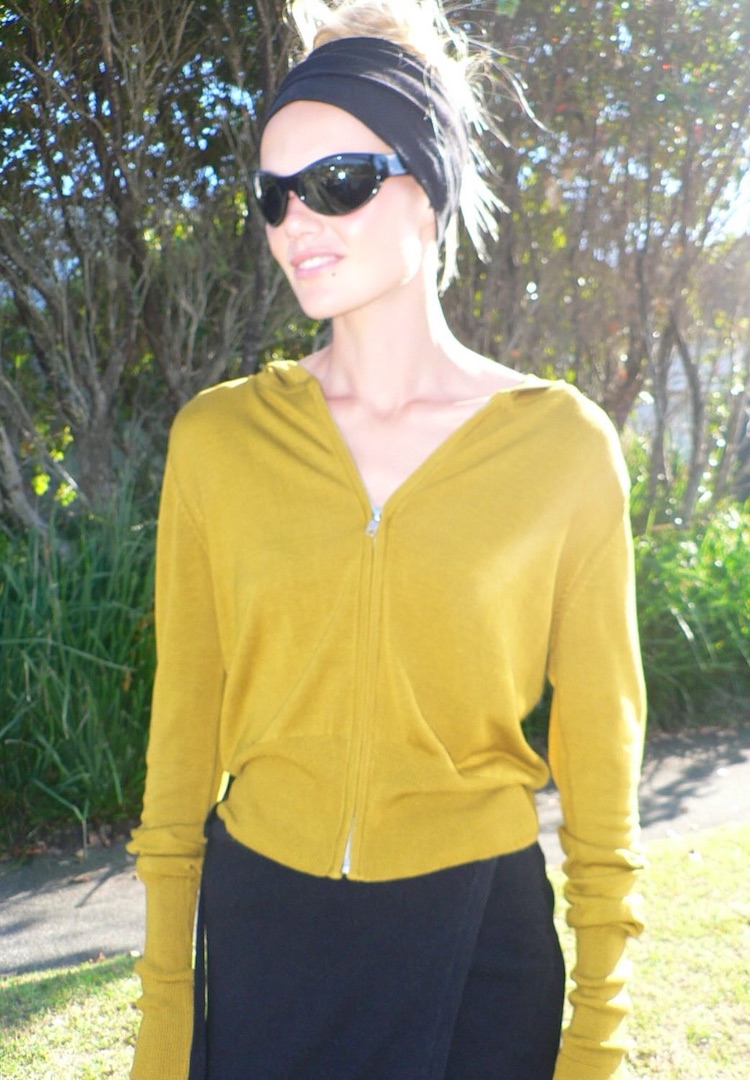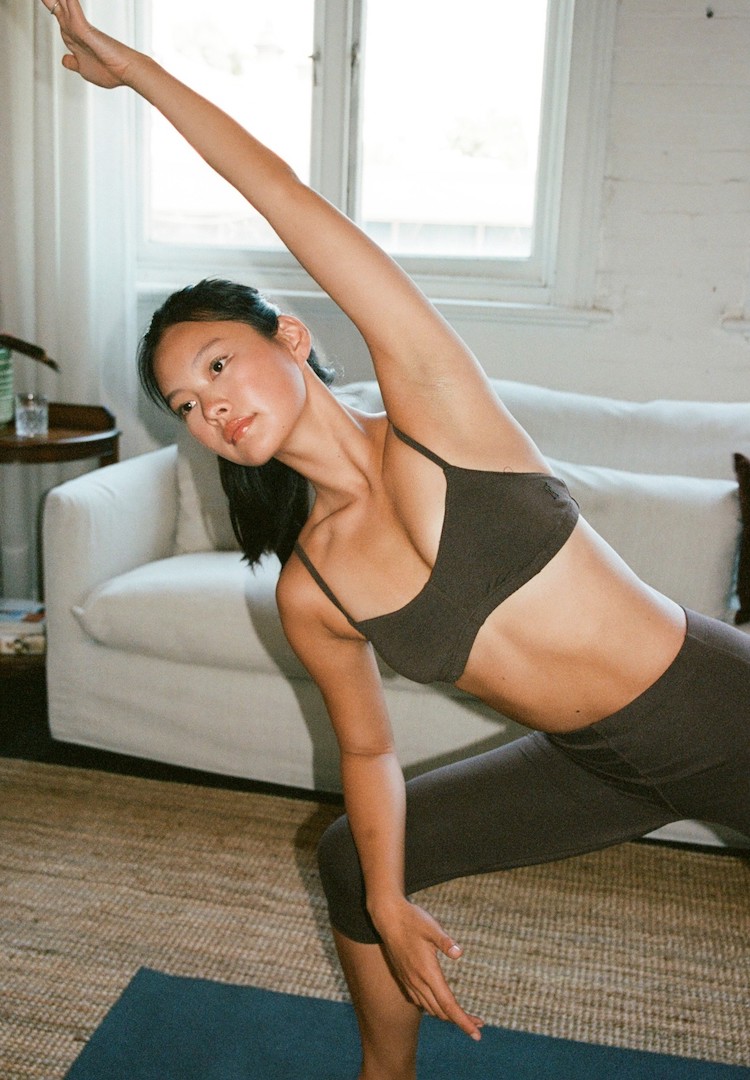Australian activewear brand Lorna Jane under fire for claims about new antibacterial range that “stops the spread”
Images via Lorna Jane
Words by Ella Bazzani-Hockley
Doctors and medical bodies have called Lorna Jane’s claims misleading and worrying.
No stranger to public controversy, Australian activewear retailer Lorna Jane has been accused by a leading medical expert of exploiting people’s fears over COVID-19, after releasing a range of ‘anti-virus’ activewear earlier this month.
After the ‘anti-virus’ claims were heavily criticised by Dr. Harry Nespolon, the President of the Royal Australian College of General Practitioners, the range, as of Thursday morning, has been rebranded to ‘antibacterial’ activewear, with no mention of the word virus anywhere on Lorna Jane’s website.
On its website, Lorna Jane currently describes the LJ Shield as an ‘exclusive technology’ that prevents and protects against bacteria and mould. In the manufacturing process, the brand claims that a ‘water-based, non toxic mist’ is permanently ‘adhered’ to the garment, stating that “any bacteria that comes in contact with the fabric is terminated when it comes in touch with the LJ Shield particles.”
In a statement to the media, Dr. Nespolon said, “If you spray their product onto any fabric and expect that it will act as a ‘shield’… I have some bad news for you – this will not happen. The only thing that will be ‘terminated’ by the ‘shield particles’ is the money in your bank account.”
Under a section titled ‘Other Benefits’ on the Antibacterial Activewear page on Lorna Jane’s website, the brand claims that the LG Shield can also ‘stop the spread’, but does not directly reference COVID-19. But the coincidental timing is likely anything but, according to Dr. Nespolon, who suspects that Lorna Jane is “cynically attempting to exploit fears concerning the COVID-19 pandemic to sell clothes.”
We’ve all been told to frequently wipe, wash and sanitise surfaces like doorknobs, benches and the like, but do we really need to protect our clothes from germs? The short answer is no. A New York Times article from April reached out to aerosol scientists and microbiologists in order to understand, in layman’s terms, just how fearful we should be about coronavirus on our clothes.
They reported that while some small viral particles can float around in the air (for about half an hour), these droplets are too small to present a serious risk. This is also because their surface life on fabric is only 24-hours, compared to a 72-hour window for stainless steel and plastic surfaces.
Dr. Chris Moy, chair of the Australian Medical Association Ethics and Medico-Legal Committee, responded to questions from the ABC about Lorna Jane’s LG Shield technology by saying the idea “just doesn’t make any sense”. Doctors like Moy and Nespolon are genuinely concerned that people may believe the claims, or worse, rely on them, and they’re calling it “extremely worrying”.
The Therapeutic Goods Association, when asked if Lorna Jane’s claims would be subject to regulation and review, told the ABC it was looking into it. In April, the regulator fined celebrity chef Pete Evans $25,000 for claiming that a light-emitting ‘BioCharger’ could prevent coronavirus by ‘restoring strength and mental clarity’.
Also contained in the LJ Shield brand messaging is the suggestion that ‘your first wear should be the first wear’, with the brand stating that because of an ‘untouched activewear’ business model which minimises skin-to-garment handling at every step in the supply chain, the brand has been “avoiding germs since way before the COVID-19”.
According to Moy and Nespolon, the suggestion that ‘minimal handling’ and ‘antibacterial’ fabric could protect consumers from germs and viruses seems to feed into a convenient, COVID-inspired marketing strategy which is based more in fear-mongering than it is in fact. It’s another timely reminder that it’s always best to listen to medical experts when it comes to hygiene and protecting yourself from bacteria and germs, particularly during a pandemic.

